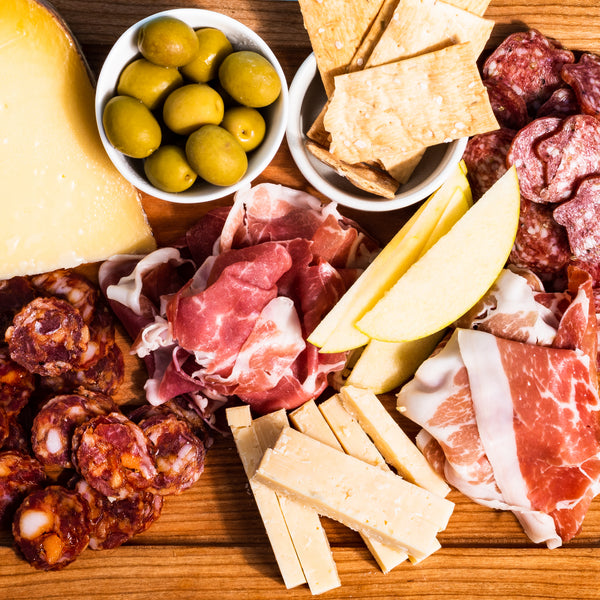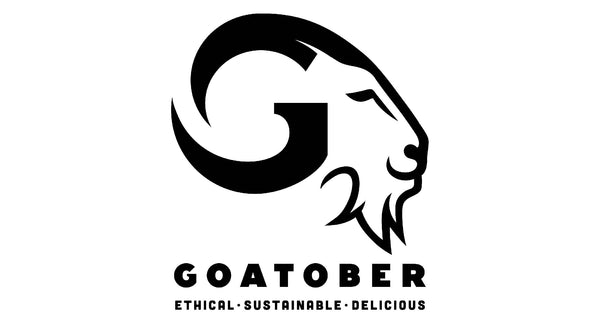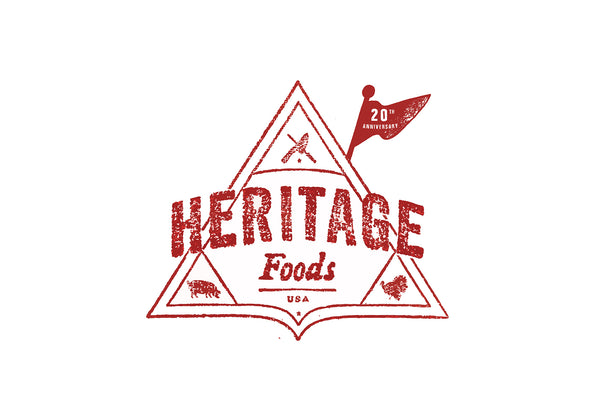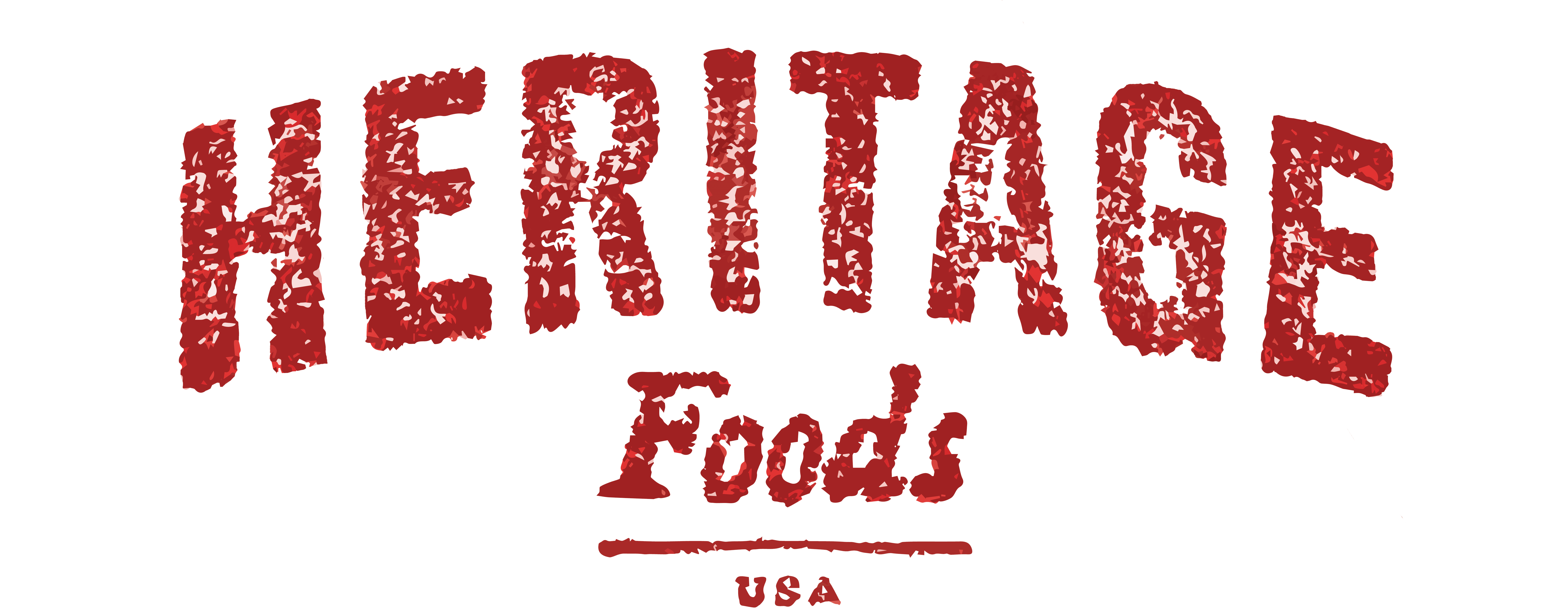
When we first started buying whole heritage pigs for our restaurant accounts and home chefs we didn’t know that hams make up 30% of the body weight of the pig. When we looked at our profit and loss statement, we realized that unless we found a great outlet for hams, we would fail as a nose-to-tail business, especially considering that we pay our farmers at least four times the commodity rate for pork, a price determined by a group of old men in Chicago that we think is too low.

The 2016 Heritage Foods USA Farm Tour kicked off May 4th with a historic meeting at the Memphis airport headlined by a 15-passenger van, which was at the ready for a 5-day chef tour. Since 2005, an annual farm trip provides the chance for chefs and curemasters to meet the people and animals behind their center-of-plate ingredients..

In 2004, our founder Patrick Martins walked up a dirt road in Trimble, Missouri to meet the Fantasma family for the first time and discuss the possibility of working together. Mario, Teresa, Lou and Nick opened the doors of their facility to Heritage Foods and processed 5 Tamworth pigs raised on Metzger Farm, which were then sent to chefs in New York and San Francisco.

According to the American Wagyu Association, only four Japanese breeds are truly considered Wagyu: Japanese Black (the predominant Wagyu exported to the U.S), Akaushi (also known as the Japanese Red Cow), Japanese Polled, and Japanese Shorthorn. In Japan there is strict regulation on labeling and export of this prized livestock – even in Japan true Wagyu accounts for only .06% of beef consumption.

The anchovy can be a polarizing subject, but for those of us who love them it is with unparalleled enthusiasm and fervor! No other single ingredient can do more to elevate a dish. As those lucky eaters who have tasted great anchovies know, these tiny little fish are the key to a whole world of flavor.

In order to make cheese, animals on the farm must be producing milk. And to make milk, mothers must be giving birth and having many babies, consistently. In the case of goat dairies across America, the birth of a male goat creates a dilemma for the farmer: there is no established good market for goat, so male goats are usually sold at birth onto the commodity market where their quality of life significantly diminishes or they are disposed of before their time, thus the reason for No Goat Left Behind.

uce Guanzini and Mark Baustian have been raising Boer crosses on their farm since 1994. While neither come from farming backgrounds, Mark and Luce connected years ago over their shared love of animals while pursuing degrees in Biology and Animal Science at Cornell, respectively.
© 2025, Heritage Foods Powered by Shopify
